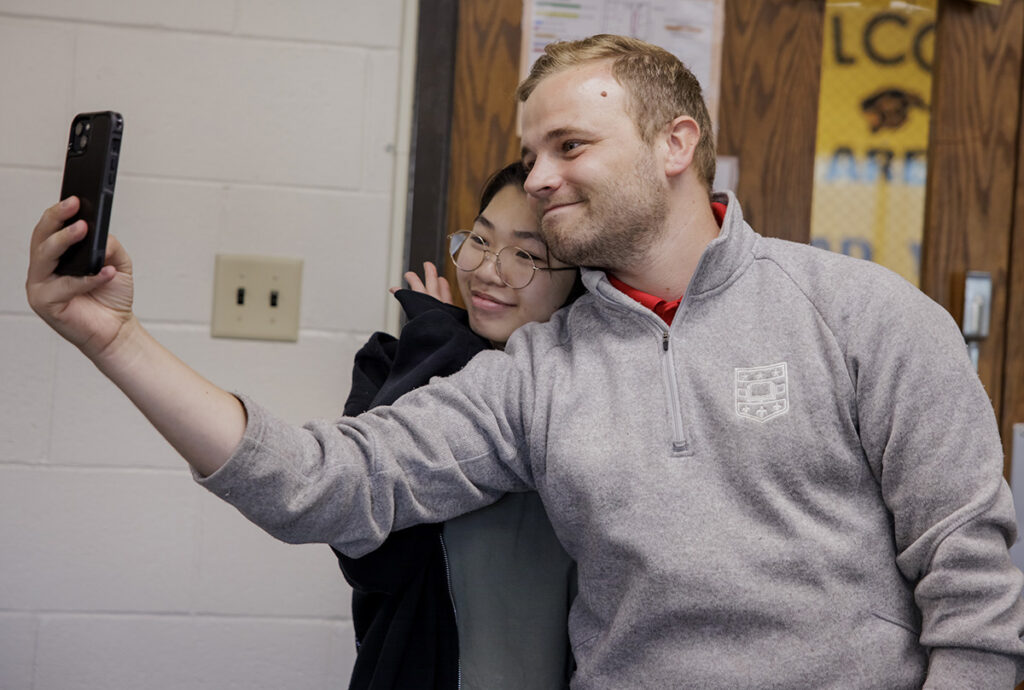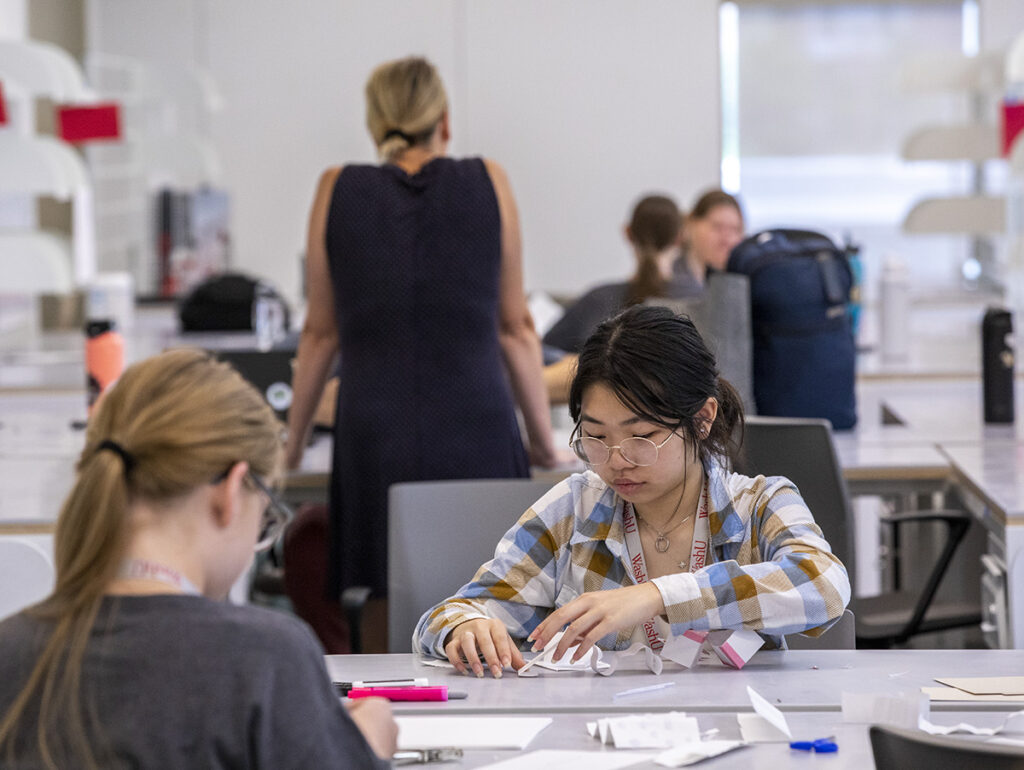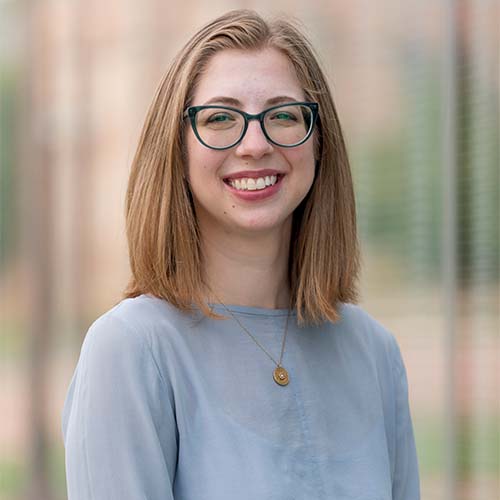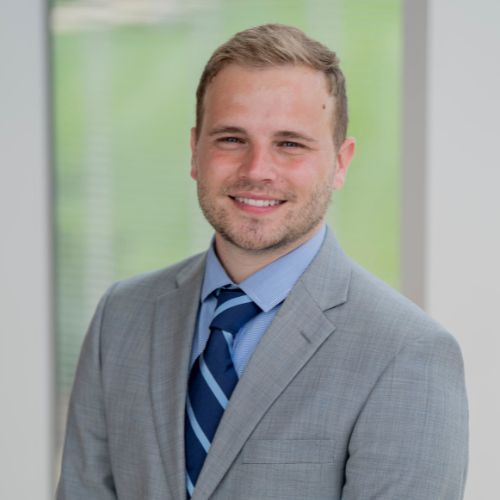WashU is a proud member of the STARS College Network.
The STARS College Network is a coalition of 32 leading universities and colleges who are dedicated to engaging, supporting, and building pathways for students from small-town and rural America.
WashU is reaching out to communities that have often been left out of higher-education conversations. We help students find the school that is right for them and will support them once they’ve enrolled and continue that support once they’ve graduated.
Extended support for rural applicants and students.
STARS empowers WashU to provide:
- Summer programs on campus for rural and small-town students to get academically prepared and experience college life – all expenses covered.
- Free on-campus visits and fly-in opportunities designed specifically for students from your community.
- Increased outreach from WashU admissions directly to your high school.
- Comprehensive support for the college application process, including specialized workshops.
- Scholarship opportunities and financial aid assistance.
- Ambassadors and mentors from WashU who understand your background and offer support.
- Internship and job connections with local and national businesses.
All programming is free to students who register with STARS.


Check out our rural student success stories.
Learn about Angela’s path from Rural Scholar to WashU Student!
Read about our ever-expanding Rural Scholars Academy!
Hear Dacoda and Angela speak about how we reach college-bound rural students!
Read about Cadence’s experience as a WashU Rural Scholar and the program’s impact on her!
How do we define rural and small-town?
We use data from the US Census Bureau and the National Center for Education Statistics to determine which communities are considered to be “rural” or “small-town”. Most rural areas have populations of less than 50,000 residents and are located several miles outside of an urban or suburban area. If you are unsure whether your high school would be considered rural or small-town, please contact Dacoda Scarlett at dscarlett@wustl.edu.
Dedicated admissions officers
Lia Garofolo and Dacoda Scarlett will be visiting rural and small-town school districts and college fairs to help students learn more about preparing for college and the opportunities available at WashU.

Lia Garofolo
She/Her/Hers
Assistant Director
Idaho; Kansas; Kentucky; Missouri (Kansas City and Western Missouri); Montana; Nebraska; North Dakota; South Dakota; Wyoming

Dacoda Scarlett
He/Him/His
Associate Director
Alaska; Iowa; Illinois (outside of Chicagoland and St. Louis Metro East); Missouri (Southern Missouri and Eastern Missouri excluding Franklin, Jefferson, St. Louis, and St. Charles Counties and St. Louis City)
Rural Scholars Academy
WashU’s Rural Scholars Academy is a free, immersive summer program that brings talented students from rural communities and small towns to campus. It provides academic enrichment, college preparation, and a supportive introduction to university life, all while connecting students with mentors and resources to help them thrive at WashU and beyond.
WashU Pledge
The WashU Pledge provides a free undergraduate education to admitted students from Missouri and southern Illinois who are from families with annual incomes of $75,000 or less.
Schoolhouse
STARS is teaming up with Khan Academy and the non-profit tutoring platform Schoolhouse to offer a free, online math curriculum and peer tutoring for students in small towns and rural communities, leading to certification of mastery in calculus — an important credential for admission to more selective colleges and universities that is not available from all high schools.
WashU accepts Schoolhouse.world certifications as part of our application process.